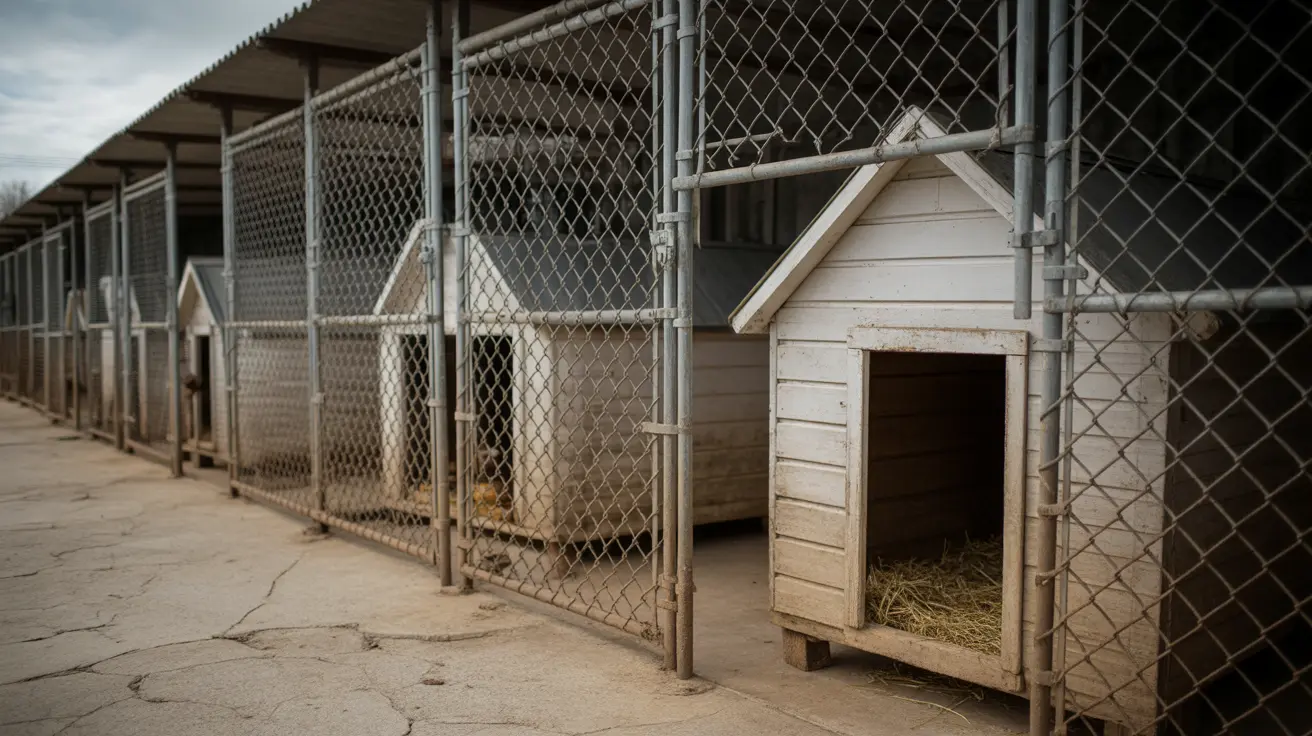The Hidden Dangers of Milk for Cats: Understanding the Risks
While the image of a cat lapping up a bowl of milk might be ingrained in popular culture, the reality is more complex and potentially dangerous. Many cat owners still believe milk is a healthy treat for felines, but for most adult cats, milk can be more harmful than beneficial. This silent danger often goes unnoticed, especially because symptoms don't always appear immediately. In this article, we’ll dive deep into why milk is not suitable for cats and how it can covertly impact their health.
Why Cats Are Attracted to Milk
Cats are naturally drawn to the smell and taste of milk due to its high fat content. However, this attraction doesn’t mean it's safe for them. Despite their fondness for it, cats lack the necessary enzymes to digest milk properly once they reach adulthood.
Lactose Intolerance in Cats
Lactose intolerance is a condition where the body cannot properly break down lactose—a sugar found in milk—due to a deficiency in the enzyme lactase. Most kittens drink their mother’s milk in the early stages of life, but as they grow and are weaned, their bodies produce less lactase. This results in the inability to digest milk effectively, leading to unpleasant symptoms.
- Bloating
- Diarrhea
- Vomiting
- Abdominal pain
- Gas and flatulence
These symptoms are often misattributed to other causes, which makes milk a silent threat. Repeated exposure can also exacerbate digestive issues over time, even in cats that don't show immediate symptoms.
The Dangers of Cow’s Milk
Whether it's whole, skimmed, or low-fat, cow’s milk is generally high in fat and sugar, posing several health problems for cats.
- Weight gain and obesity—Extra calories from milk can lead to obesity, a growing concern in domestic cats.
- Unbalanced diet—Milk can interfere with a cat’s proper nutrient intake by replacing essential foods.
- Chronic digestive issues—Even cats that tolerate milk initially may develop chronic problems over time.
Milk and Kittens: A Special Warning
Kittens under normal care should only consume their mother’s milk, or if orphaned, a species-appropriate milk replacer. Feeding kittens cow’s milk or other animal milks can result in serious nutritional deficiencies and gastrointestinal upset. Commercial milk replacers are designed to mimic the nutritive profile of a cat's milk and should be the only alternative if maternal milk is unavailable.
Alternatives to Cow’s Milk
If you still wish to give your cat milk as an occasional treat, it’s crucial to choose safer alternatives:
- Lactose-free milk for cats—These are specially formulated dairy products with reduced or no lactose and often contain added nutrients.
- Cat milk supplements—Products designed specifically for cats, with appropriate nutrient balance and fewer calories.
However, even these should be given in moderation and only after veterinary consultation.
Plant-Based Milks: Not a Safe Choice
Though humans increasingly use plant-based milks like almond, oat, or soy milk, these are not suitable for feline consumption. They often contain:
- Added sugars
- Preservatives
- Oils and thickening agents
These ingredients are difficult for cats to digest and can lead to various health issues. In rare cases, very small amounts of soy or almond milk may be tolerated, but they offer no nutritional benefit and carry unnecessary risk.
What About Goat’s Milk?
Goat milk contains less lactose than cow’s milk, which makes it marginally easier to digest. However, it still poses the same risks related to lactose intolerance and should be avoided or offered only in tiny amounts, very seldom.
Hydration: The Key to Feline Health
Fresh, clean water remains the best and safest beverage for cats. Encouraging hydration can be achieved by:
- Using multiple water bowls
- Offering cat water fountains
- Mixing water into wet food
Cats with health issues should have their water intake monitored closely. Milk should never replace water as a hydration source.
Proper Nutrition Over Indulgences
All the nutrients cats need for strong bones and teeth, including calcium, are available through a complete and balanced feline diet. There's no dietary requirement for milk or dairy foods in an adult cat’s routine.
Conclusion: Rethink the Milk Myth
Despite the longstanding myth, milk is not a healthy treat for adult cats. It can lead to a cascade of hidden health problems such as gastrointestinal distress, nutritional imbalance, and weight gain. Even special lactose-free or cat-safe milk products should be limited and only used occasionally. For daily hydration and nutrition, water and species-appropriate cat food are essential. Always consult a veterinarian if you're unsure about your cat’s dietary needs.





